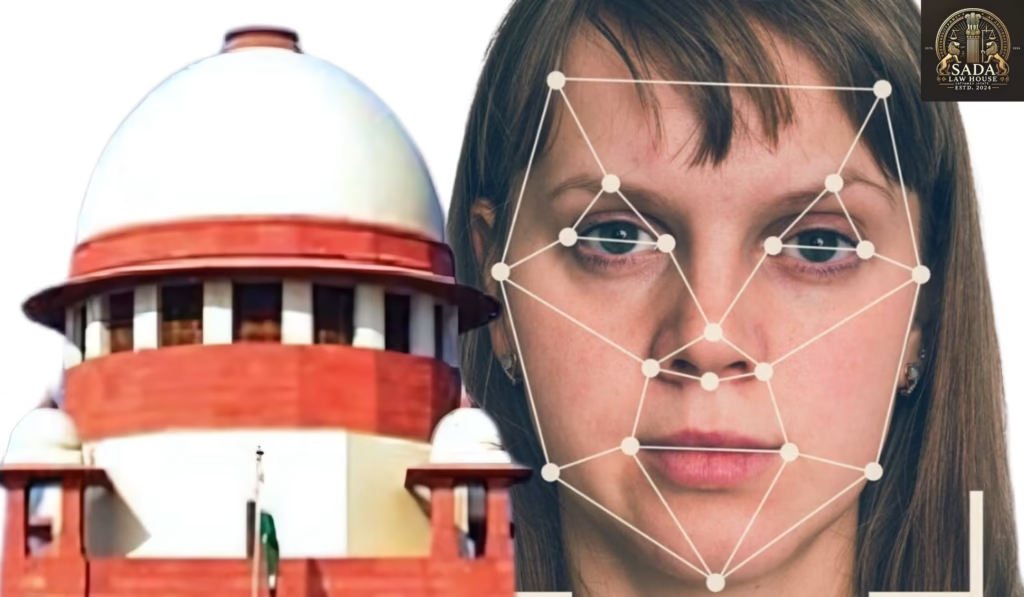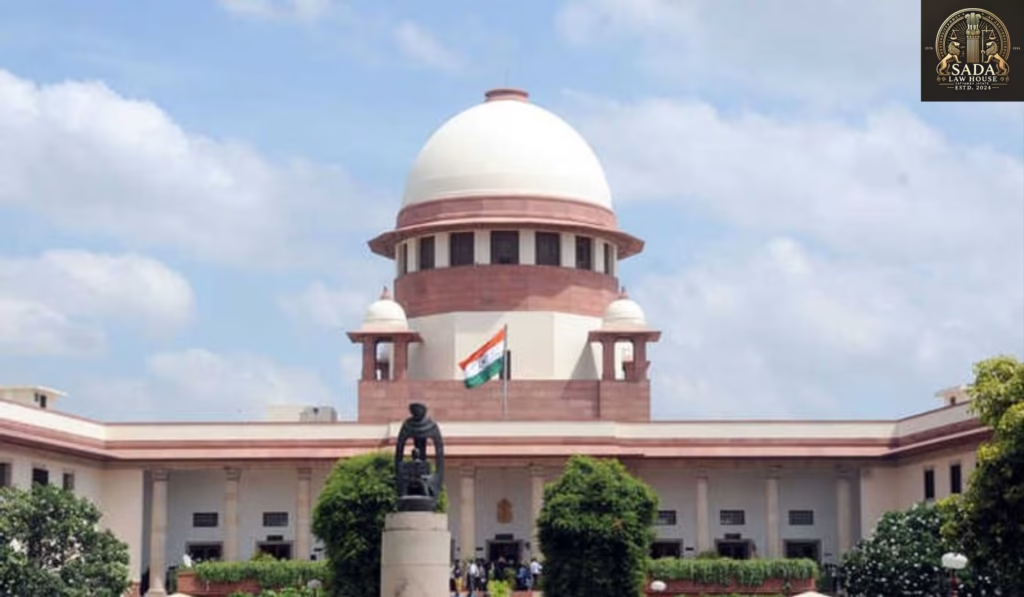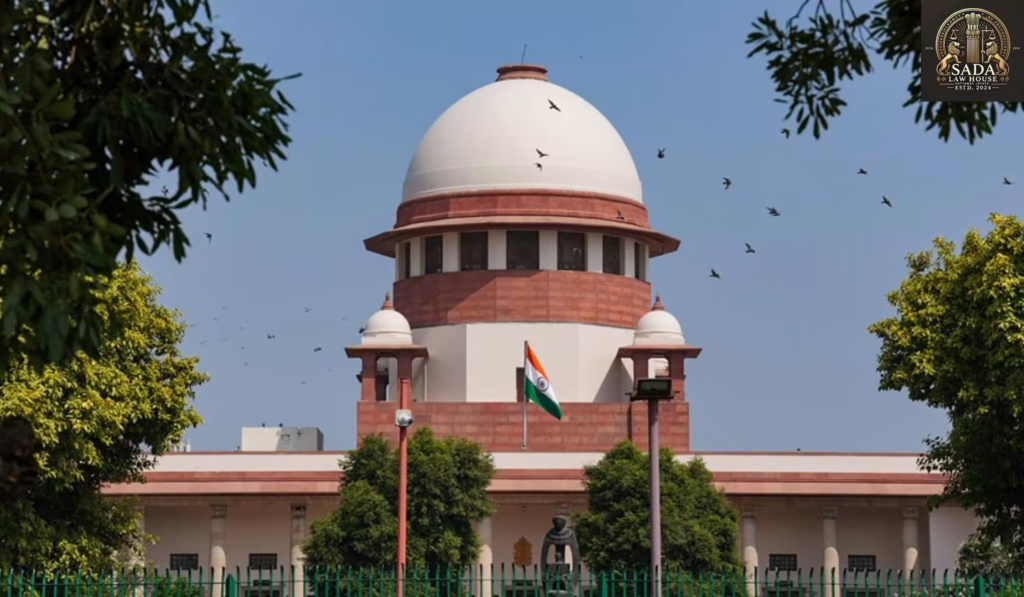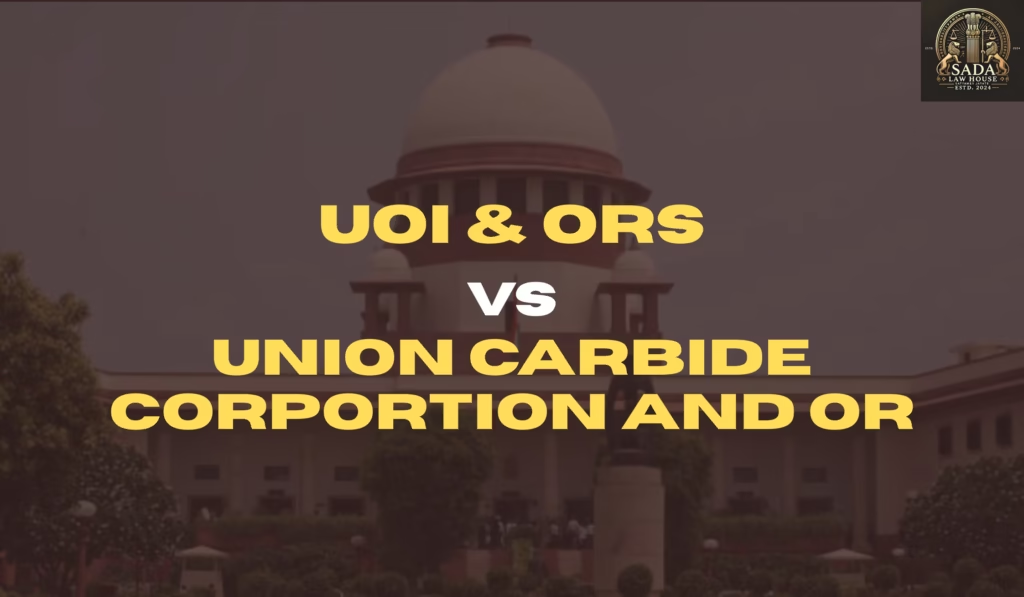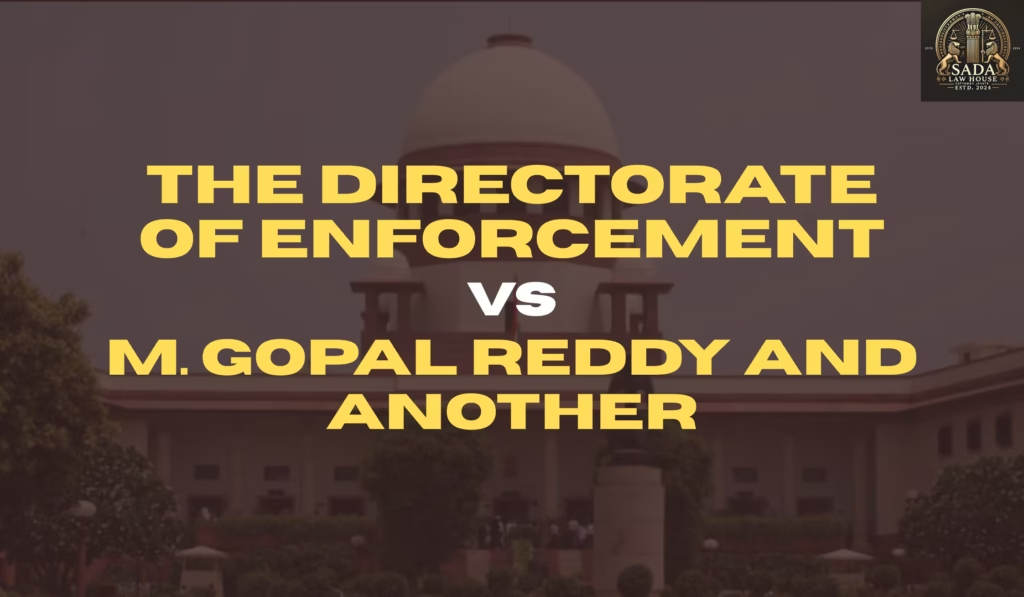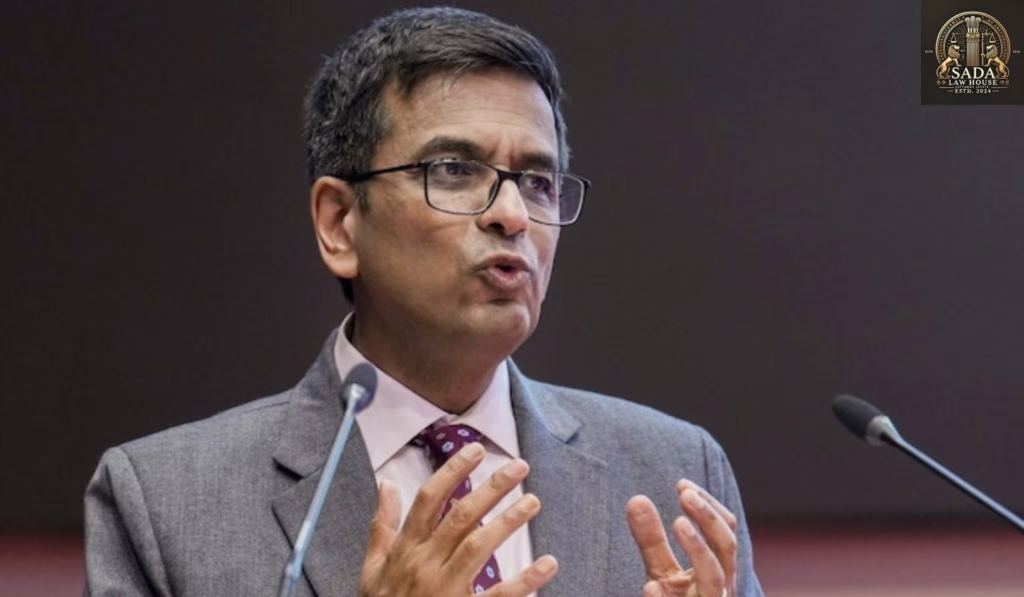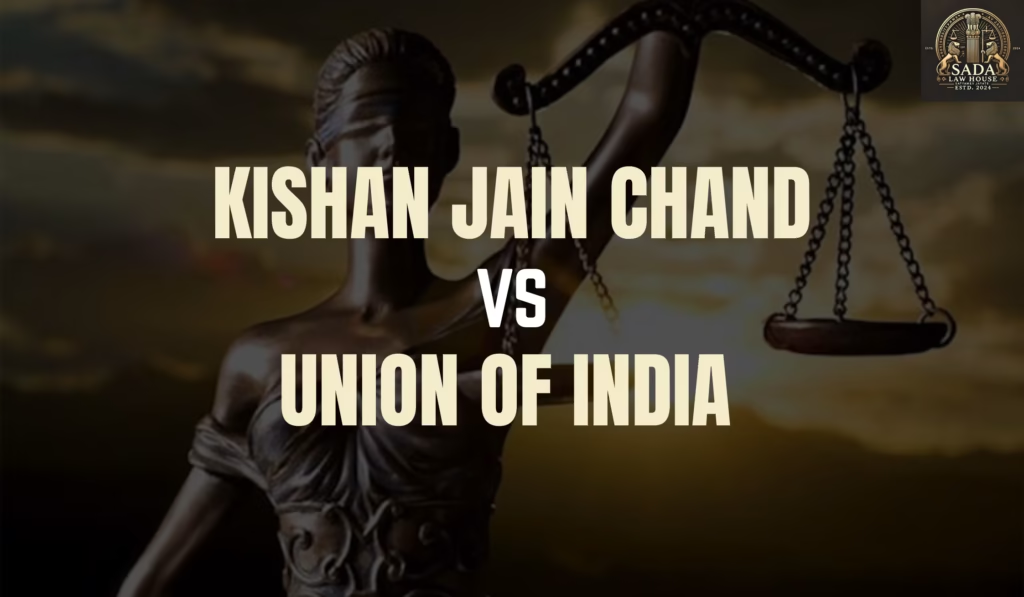Can Sedition Appeals Continue Despite Stay on Section 124A IPC? Supreme Court to Clarify
Trending Today Can Sedition Appeals Continue Despite Stay on Section 124A IPC? Supreme Court to Clarify JOB OPPORTUNITY AT VERTEXLEGAL LLP, NEW DELHI LEGAL JOB OPPORTUNITY AT DIGITAL INDIA CORPORATION LEGAL JOB OPPORTUNITY AT RBL BANK LEGAL JOB OPPORTUNITY AT SYMBIOSIS LAW SCHOOL, HYDERABAD LEGAL JOB OPPORTUNITY AT REVX CAPITAL LEGAL INTERNSHIP OPPORTUNITY AT UNESCO CHAIR, NLU, DELHI LEGAL INTERNSHIP OPPORTUNITY AT HEADS UP FOR TAILS LEGAL INTERNSHIP OPPORTUNITY AT TITLEWIZE LEGAL JOB OPPORTUNITY AT ASA ADVOCATES Supreme Court Declines to Intervene in Thiruchendur Temple Kumbhabhishekam Timing Dispute Prabhat Kumar Biltoria 7 JULY 2025 The Supreme Court of India is set to clarify whether appeals under the stayed Section 124A IPC (sedition law) can proceed. The outcome could shape future constitutional interpretations and protect fundamental rights. Introduction: Section 124A IPC and Its Legal Standstill In a major legal development, the Supreme Court of India is poised to address a crucial question: Can appeals continue under Section 124A of the Indian Penal Code (IPC), even though the sedition provision has been stayed since May 2022? The law in question, Section 124A, is a colonial-era sedition clause that has been the subject of intense legal scrutiny and criticism in recent years. Background: The Sedition Stay and Its Impact In May 2022, the apex court issued a blanket stay on all pending trials and new FIRs under Section 124A while it undertakes a constitutional review. However, this stay order has left uncertainty around cases where appeals are pending — particularly appeals against past convictions. This legal grey area came into focus with a Special Leave Petition (SLP) filed by Safdar Nagori, a former student leader convicted of sedition in 2017. Nagori has now spent over 18 years in prison. The Case of Safdar Nagori Although arguments in Nagori’s appeal before the Madhya Pradesh High Court had already concluded, the final judgment has been indefinitely delayed. The delay stems from the 2022 Supreme Court order in the case of S.G. Vombatkere v. Union of India, which stayed all proceedings under Section 124A. Representing Nagori, Senior Advocate Shadan Farasat argued that the 2022 stay was not meant to halt appeals where hearings had concluded. He stressed that prolonged detention without judgment infringes on Article 21 of the Indian Constitution, which guarantees the right to life and personal liberty. Supreme Court’s Response and Upcoming Hearing A bench comprising Justice P.S. Narasimha and Justice R. Mahadevan acknowledged the urgency of the matter and scheduled the next hearing for July 25, 2025. The key issue is whether the 2022 stay applies only to ongoing trials and fresh prosecutions or whether it also halts appellate proceedings. Why This Matters: Constitutional and Legal Consequences This case carries significant constitutional implications: A ruling that permits appeals to continue could reinforce judicial accountability and protect the rights of long-term detainees. It would also prevent misuse of procedural delays that deny justice to those already convicted. The decision could serve as a landmark precedent for how Indian courts interpret stays on laws under constitutional challenge. Awaiting Clarity: What’s at Stake? The legal community, civil rights activists, and those impacted by past sedition convictions await the Supreme Court’s verdict. A clear directive on this issue will help courts uniformly handle sedition-related appeals until the final constitutionality of Section 124A is determined. This ruling may shape not only the future of sedition law in India but also broader questions of justice, liberty, and procedural fairness. Leave a Reply Cancel Reply Logged in as Sadalaw. Edit your profile. Log out? Required fields are marked * Message* Live Cases Can Sedition Appeals Continue Despite Stay on Section 124A IPC? Supreme Court to Clarify Sadalaw • July 7, 2025 • Live cases • No Comments Supreme Court Declines to Intervene in Thiruchendur Temple Kumbhabhishekam Timing Dispute Sadalaw • July 5, 2025 • Live cases • No Comments Delhi Petrol Pumps Challenge Penalties on End-of-Life Vehicles in High Court Sadalaw • July 5, 2025 • Live cases • No Comments 1 2 3 … 5 Next »
Can Sedition Appeals Continue Despite Stay on Section 124A IPC? Supreme Court to Clarify Read More »



